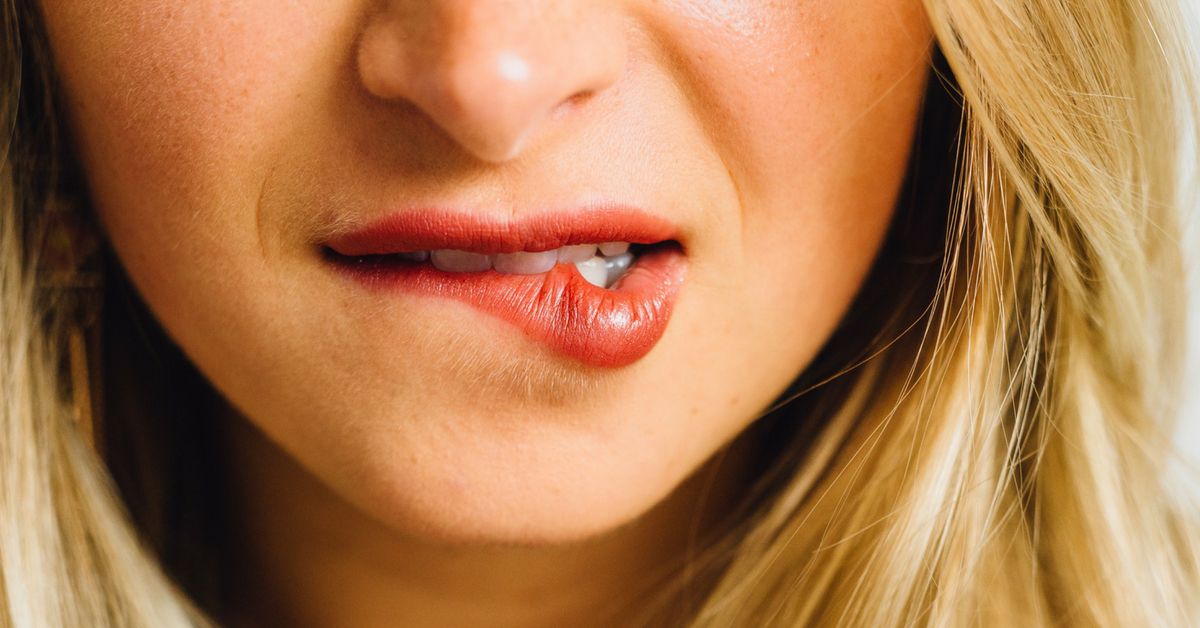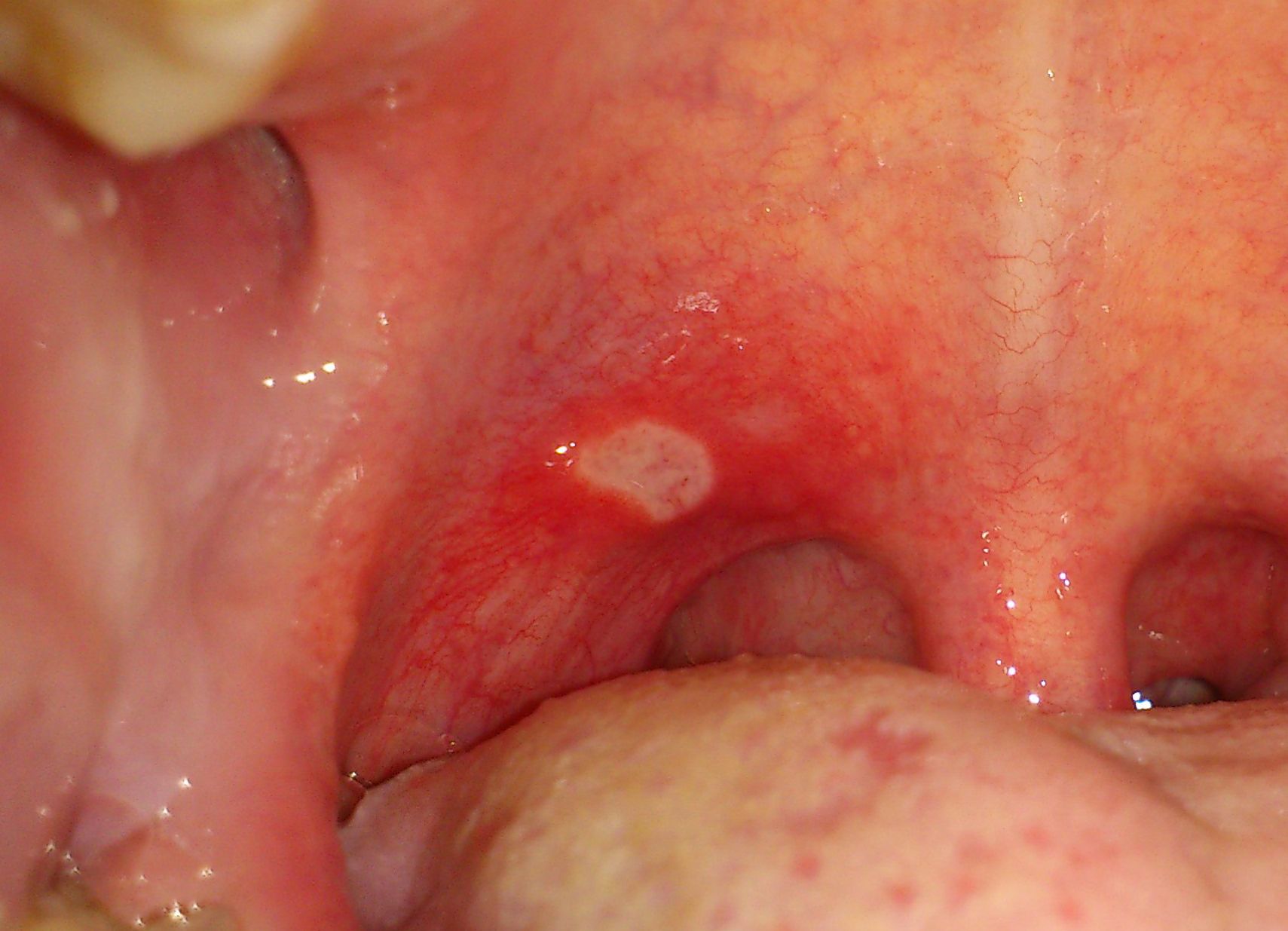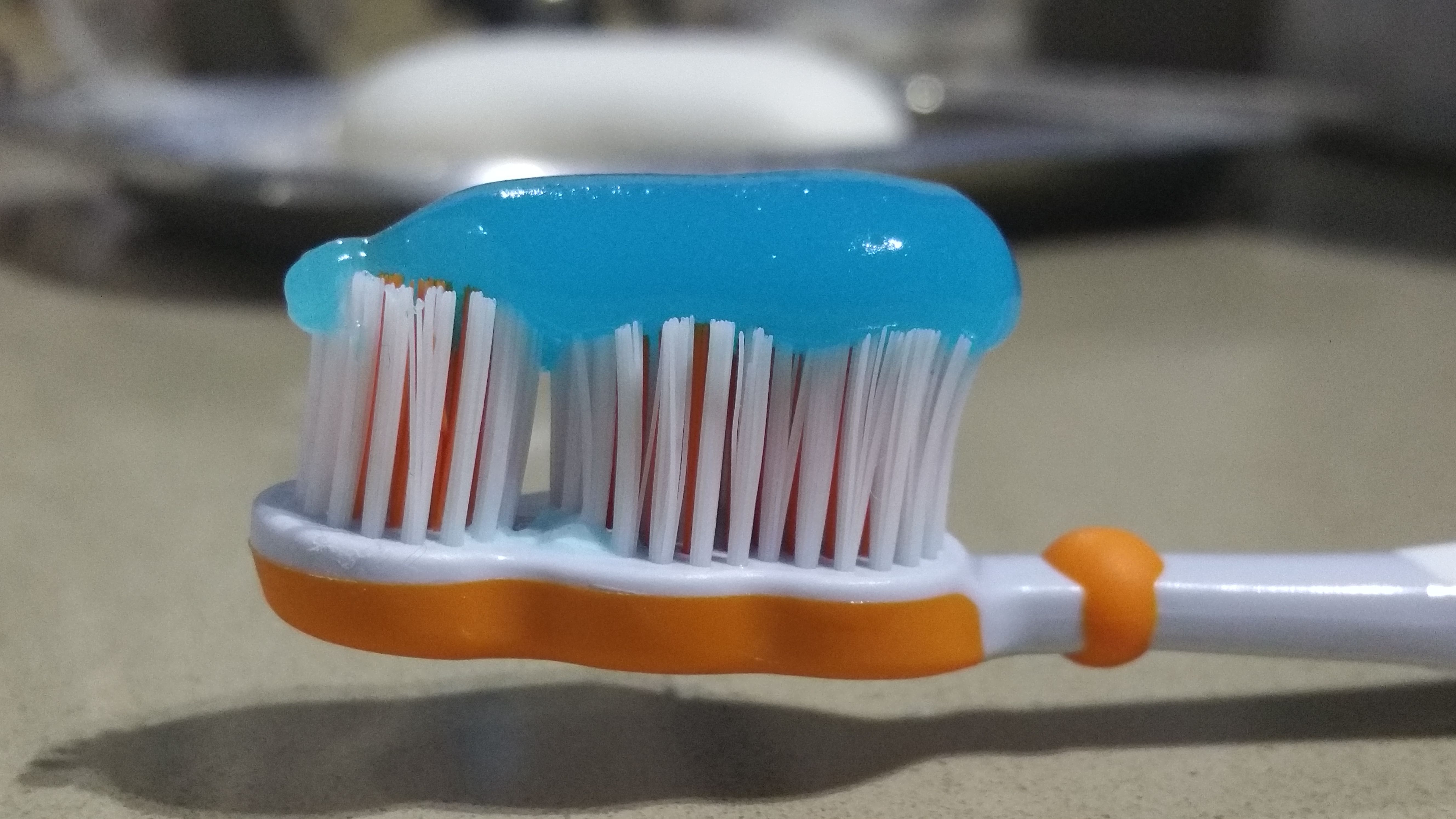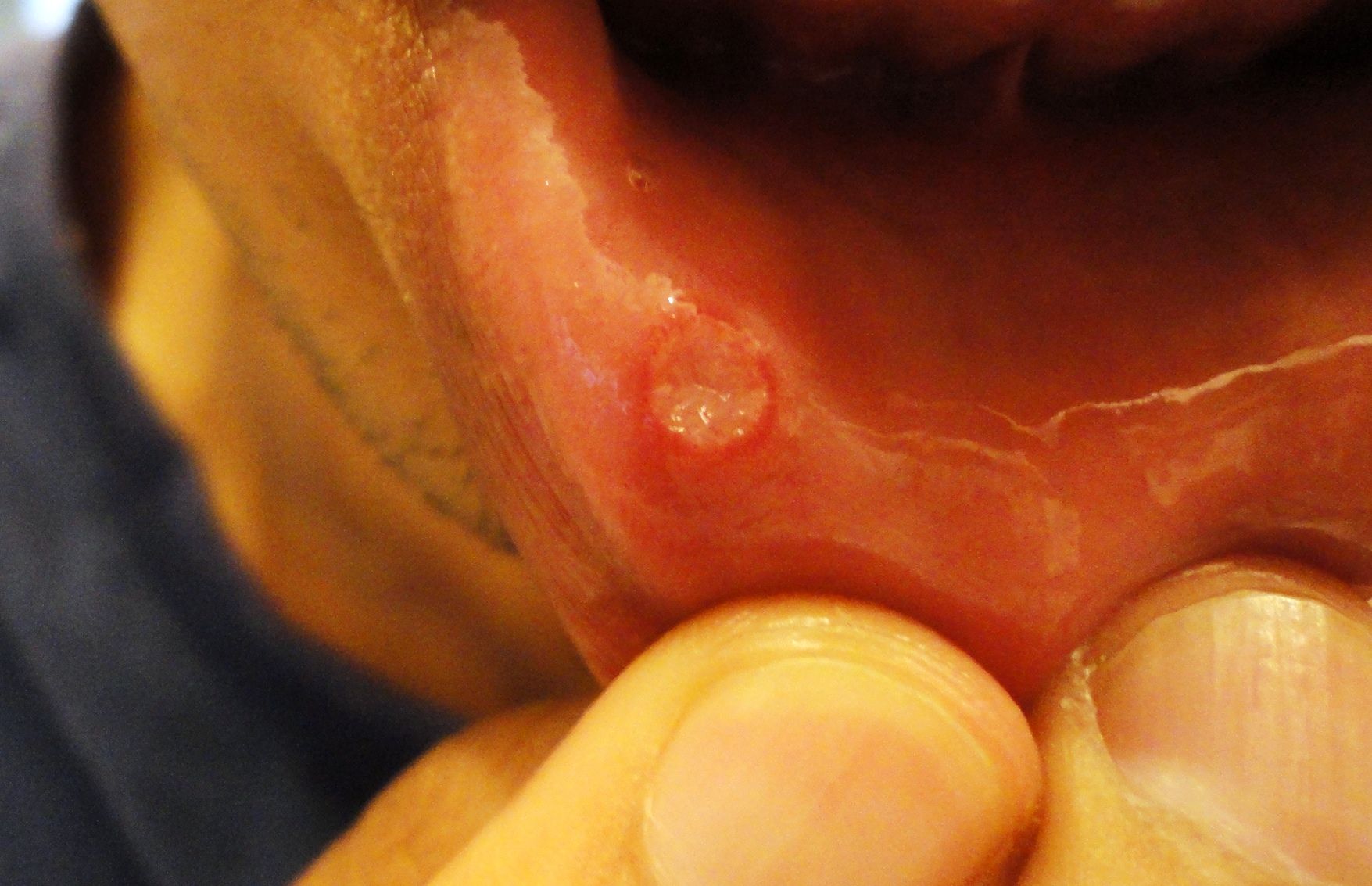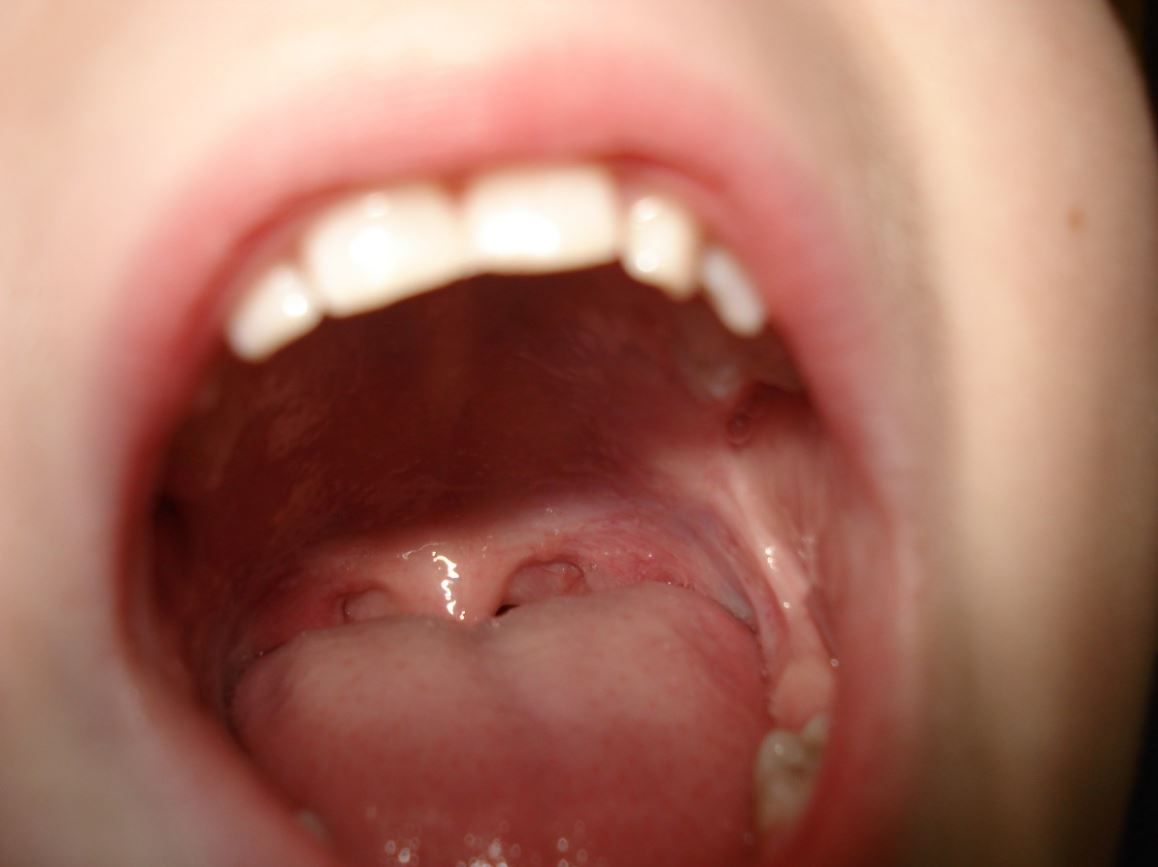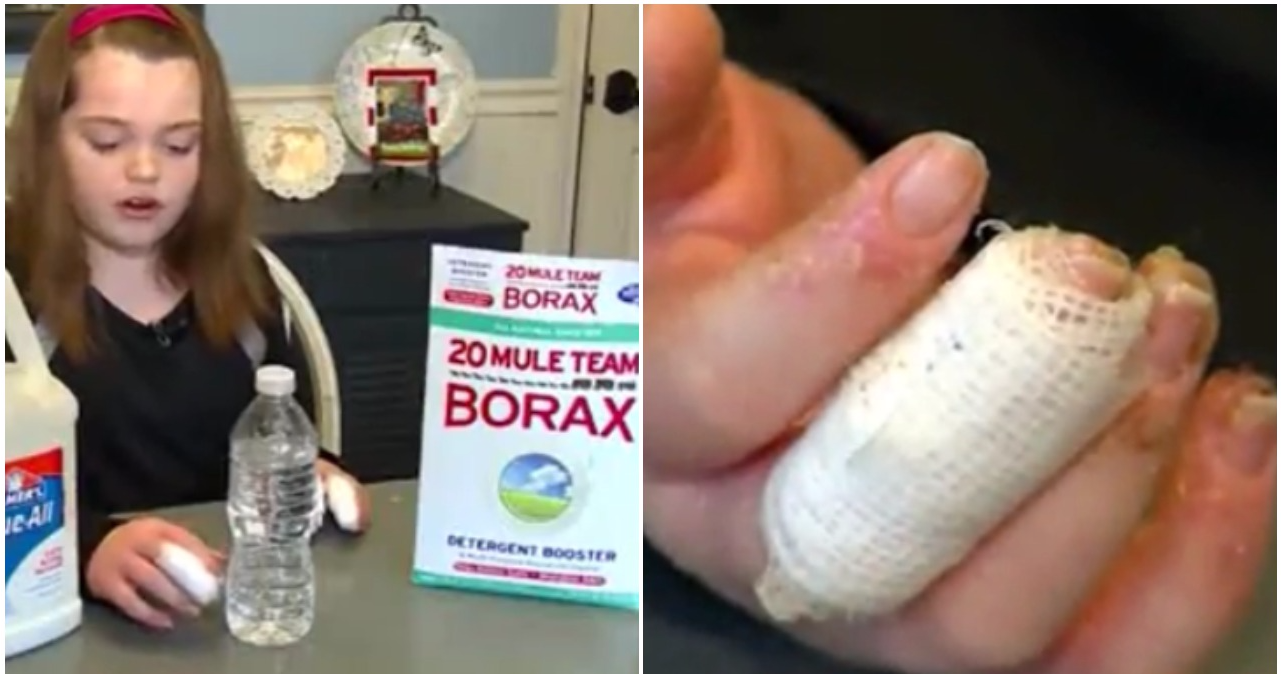When your mouth starts to get that familiar pain, you know that you are in for a painful couple of days. Anyone who has ever had a canker sore knows just how horrible they are, but do you really know why they happen in the first place?
Before you figure out why they happen, let's take a look at what they actually are.
What is a canker sore?
A canker sore is also known as an aphthous ulcer. They are not the same thing as a cold sore, and are not contagious to others.
They do, however, cause a lot of pain and make it difficult to eat normally.
There are also a few different types of canker sores:
Minor Canker Sores tend to be smaller, are oval, and heal within a week or two.
Major Canker Sores are round, have defined edges, and tend to be both larger in size and deeper than the minor sores. They can take between four to six weeks to heal.
Herpetiform Canker Sores are interesting because, despite their name, they are typically not caused by the herpes virus. They also tend to be extremely small, roughly the size of a pinpoint, but you will end up with a cluster of 10 to 100 of them all at once. They do however heal within one to two weeks.
What actually causes a canker sore?
So now that you know what these horrible little things are, you probably want to know what causes them so you can make them stop, right?
Canker sores are most common in women, teens, and young adults, but they can happen to anyone. There are actually quite a few reasons why a canker sore my pop up in your mouth.
Injury
If you accidentally bite down on the inside of your cheek, brush too hard, or get injured in some other way, having an injury can lead to the formation of canker sores.
Certain Toothpastes
If you're getting frequent canker sores, check your toothpaste. Some brands use sodium lauryl sulfate, and while it's fine for some people, others react to it poorly, with canker sores popping up.
Food Sensitivities
Everybody is different, but many people find that too much chocolate, coffee, eggs, cheese, nuts, spicy foods, or acidic foods can cause an increase in the appearance of canker sores.
Vitamin Deficiency
If your diet is lacking in nutrients like B-12, folic acid, and iron, you may notice you are getting canker sores a lot more often than you used to.
Allergies
While similar to food sensitivities, allergies are a lot more specific to the person. What causes you to get canker sores won't necessarily cause them in someone else. But allergy testing will help you find out what foods and products could cause a reaction.
Bacteria
It could be as simple as a bacteria that has gotten into your mouth and made itself at home there.
Hormones
Unfortunately hormones can be a real pain, and one of the things their fluctuation can cause is canker sores.
Stress
Probably everyone who is breathing has experienced stress at some point, but if you are dealing with a high level of stress for extended periods of time, you may find that your body reacts by adding some canker sores.
Rare causes of canker sores:
For most people, canker sores are not a big deal, but for some, they are actually indicating something a lot bigger.
Canker sores are a known symptom of Celiac disease, Crohn's disease, ulcerative colitis, and Behcet's disease.
How to go about treating a canker sore
There are a few ways you can try and ease the pain of a cancer sore, and while they won't instantly cure you, they may help you feel a little more comfortable and maybe even help speed up the healing process.
Specialty gels or pastes are a good option because they can help protect the ulcer from any further interaction with the trigger food (if it was a food issue). They also usually have some kind of pain reliever in them, so it gives you some much needed comfort.
Rinsing your mouth with salt water has been one of those old wives' tales for years now, but here's the thing, it actually tends to work. It can promote healing, but should not replace your medication if you end up needing it.
Switch to a softer toothbrush to protect your gums and cheeks from any abrasions.
How to avoid getting canker sores
If you notice canker sores appearing often, try to think back to any foods in your diet that are out of the ordinary that may have been the trigger. That way you can avoid them in the future.
Brushing and flossing regularly will help you out a lot because it'll remove any residue from these potential trigger foods from your mouth, lowering the chance that they will cause a canker sore.
And finally, if at all possible, reduce your stress. Believe me, I know we don't always have the option, but if you have the ability to take some time for yourself every once and a while, make sure you take it.
Source - MayoClinic / Medical News Today / Colgate / WebMD
